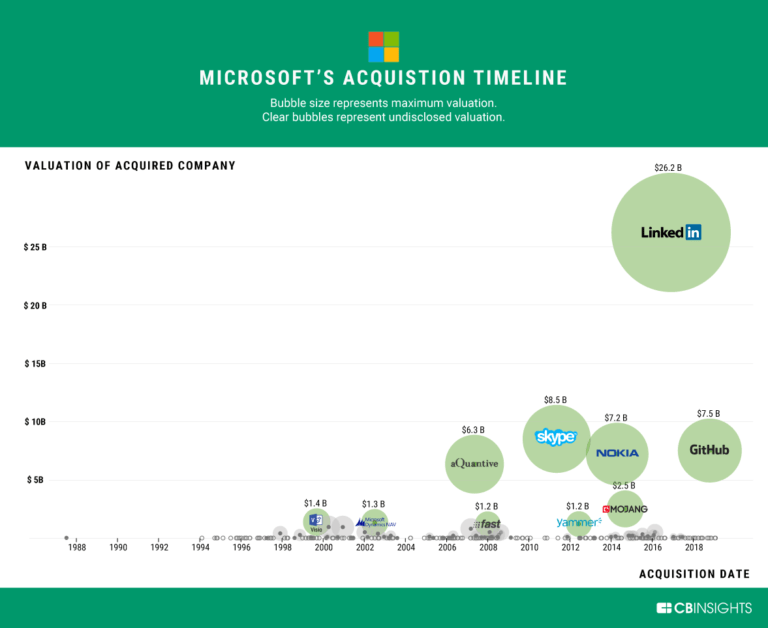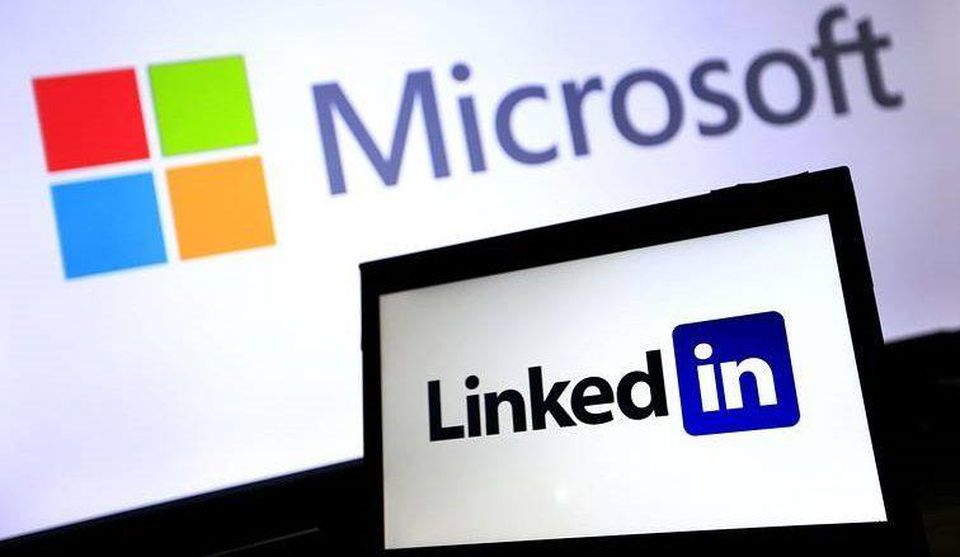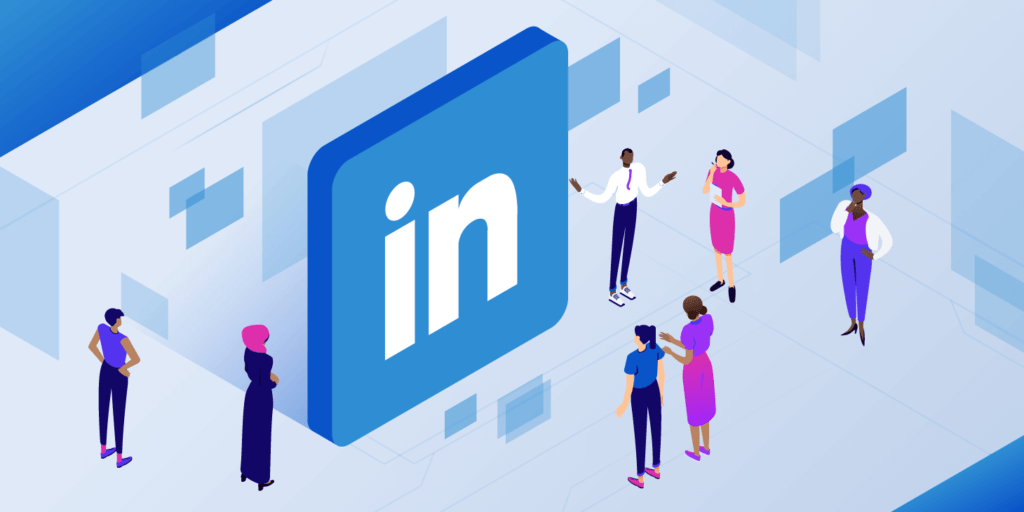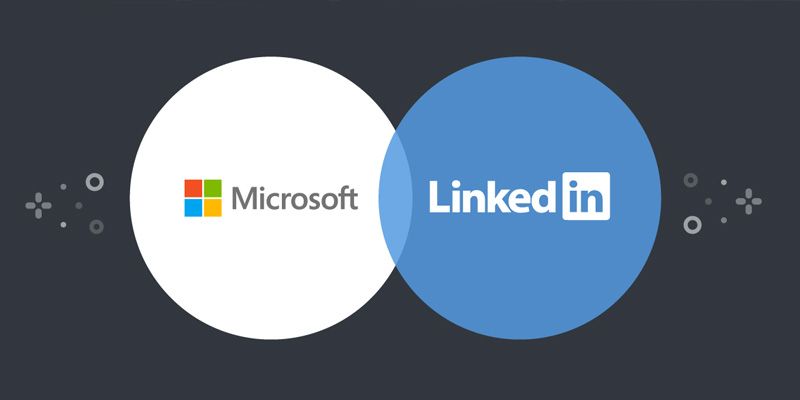Many people may have forgotten this, but just about 4 years ago, LinkedIn was sold to Microsoft for nearly $26 billion. Hence, it became one of the many acquisitions made by Microsoft over the last two decades. However, how could a company with LinkedIn’s stature be sold? There were many reasons attesting to this. This included stunted growth, LinkedIn’s stock performance, and its ad business concerns. In this article, we will investigate these reasons as to why LinkedIn was sold to Microsoft in 2016.
Other famous acquisitions by Microsoft

Since Microsoft’s first acquisition in 1987, it has purchased an average of six companies a year. The company purchased more than ten companies a year between 2005 and 2008, and it acquired 18 firms in 2006, the most in a single year. These included Onfolio, Lionhead Studios, Massive Incorporated, ProClarity, Winternals Software, and Colloquies.
Furthermore, Microsoft has made 11 acquisitions over the One Billion Dollar mark. These include Skype (2011), aQuantive (2007), Fast Search & Transfer (2008), Navision (2002), Visio Corporation (2000), Yammer (2012), Nokia’s mobile and devices division (2013), Mojang (2014), LinkedIn (2016), GitHub (2018) and Affirmed Networks (2020).
Microsoft has also purchased several stakes valued at more than a billion dollars. The value of these shares exceeded $1 billion. It obtained an 11.5% stake in Comcast for $1 billion, a 22.98% stake in Telewest for $2.263 billion, and a 3% stake in AT&T for $5 billion.
Read: The Next Billion-Dollar Companies
LinkedIn Background and Sale
Founded in 2003 by Reid Hoffman, LinkedIn is the world’s most famous online employment-oriented platform. As of May 2020, LinkedIn had 690+ million registered members in 200 countries. Their current CEO is Ryan Roslansky, a role he has undertaken just this month after the infamous Jeff Weiner.

SMARTER ANALYST
LinkedIn members can be both employers and workers. They can use the platform to connect with one another or among themselves on a professional platform. It also allows workers to find jobs as wells. Subsequently, employers can post job openings and search for potential employees they may want to hire. However, in 2016, the company was acquired by Microsoft in a deal worth $26 Billion. So, why was LinkedIn sold to Microsoft? Let us have a look.
LinkedIn’s Growth was slowing down
2015 was a difficult year for the company, with growth concerns emerging. LinkedIn’s stocked plummeted by a whopping 43 percent that year, decreasing its market value to $14 Billion. This stock fall came just a day after LinkedIn’s Q4 earnings announcement. Apparently, the company was facing troubles retaining its users.
While their growth went up again at the start of 2016, LinkedIn was not out of the woods yet. Growth problems persisted as LinkedIn was sold to Microsoft later that year. The acquisition was done in the hope the Microsoft could help improve LinkedIn’s audience’s experience and retain them better.

Stock market troubles
As mentioned above, LinkedIn’s stock plummeted by nearly 43 percent in July 2015 after its Q4 announcement. The company’s higher-ups believed that they would not regain that value anytime soon and started talks for a sale in February of 2016.
Microsoft bought LinkedIn stock for $196 a share, a heavy improvement from its valuation at the time. However, the price was still much lower than the initial share price of $270 per share back in early 2015. The company did not see how they could recover the lost valuation other than minimizing their losses and selling the company.
Read: ZoomInfo Shares Skyrocket on the first day of Trading
LinkedIn’s Ad business concerns
LinkedIn’s advertising business accounted for nearly 18 percent of its business at the time. While recruitment services may have been its main service, the ad business was as well. LinkedIn’s Q4’s reported earnings highlighted that their ad business grew just 20 percent for the quarter year over year. However, last year it grew by almost 56% in the same quarter. LinkedIn was no longer selling ads optimally.
The deal with Microsoft would allow LinkedIn to join forces and reach larger audiences. Many of their concerns in 2016 were solved, with the company growing exponentially since then. Now, LinkedIn is an extremely important portal not just for employers and workers, but for businesses in general. With 690+ million users in 200+ countries, the company is bigger than ever before. Their current leadership change may also indicate a new and fresh start. We will have to wait and see where LinkedIn is headed next. Let us know your thoughts in the comments below!

